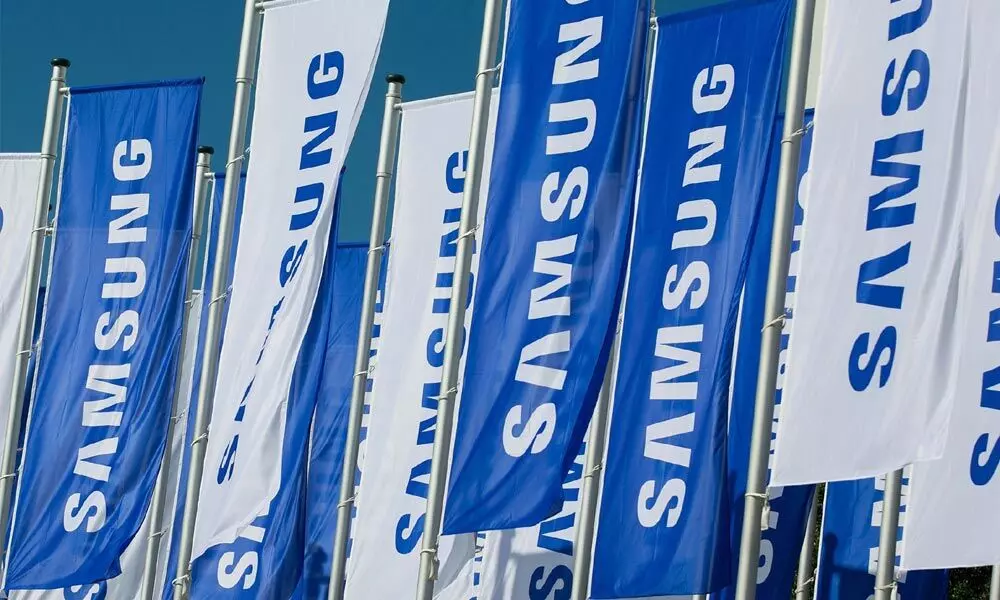Samsung evoking chip shortage shows it's not all about cars
Remember that Samsung is the only company in the world to make smartphones as well as the key components that go into them - displays and chips. So when executives there foreshadow a shortfall six months out, there’s likely something bigger at play
image for illustrative purpose

Companies from Europe to the US have bemoaned the fact that manufacturers of semiconductors didn't prioritise auto chips at the expense of other sectors of the global supply chain
After months of carmakers and supportive governments complaining that a shortage of chips was hurting business, one more company has come out to show that they're not alone.
Samsung Electronics Co. may decide to delay the launch of its second flagship smartphone for the year, executives said at its annual shareholders' meeting Wednesday. At issue is whether the next Galaxy Note will come out in the second half, or get pushed back to 2022. The South Korean tech giant unveiled three variants of its Galaxy S21 in January, so a delay here won't sink its phone business.
For carmakers, to see another sector also impacted serves as affirmation that this isn't personal. Companies from Europe to the US have bemoaned the fact that manufacturers of semiconductors didn't prioritise auto chips at the expense of other sectors of the global supply chain, such as smartphones, computers and games consoles. Honda Motor Co. has become the latest example, with Reuters reporting that it will suspend some production at facilities in North America for one week due to an amalgam of factors that includes chip shortages, port congestion and winter weather.
Some automakers have co-opted politicians to call Taipei to see if the government there could lean on the world's most-important chip supplier to speed things up a little. Taiwan Semiconductor Manufacturing Co. had already said in January that it's working to prioritise output of the components that go into cars.
But, to be blunt, vehicles account for just 3 per cent of TSMC's revenue - and it was the autos supply chain itself that erred in cutting back orders amid the panic of a developing global pandemic a year ago. As my colleague Anjani Trivedi wrote last month, Toyota Motor Corp. was savvy enough to shelve its just-in-time manufacturing model to ensure a stockpile of components, and as a result will suffer minimal interruption.
Remember that Samsung is the only company in the world to make smartphones as well as the key components that go into them - displays and chips. So when executives there foreshadow a shortfall six months out, there's likely something bigger at play. Although real, such a chip constraint could serve as a convenient reason to rethink its product release schedule, especially given that the Note was due out around the same time as Apple Inc.'s annual iPhone launch and another flagship was released earlier this year. There's also the warning it serves to chip suppliers - some of which are also competitors - that failure to keep up will hurt them all. I'd speculate that among the motives is a head fake aimed at spurring the likes of TSMC to expand capacity even more, only to overbuild and get caught with the costs. But the Taiwanese company is no fool and has a record of being cautious in expansion. For Samsung, the downside may merely be the loss of credibility that comes from crying wolf.
Whatever the reason, it's telling that a major chipmaker with intimate knowledge of all aspects of electronics manufacturing says that it may get caught short half a year out from a major product launch. In other words, we should take them at their word while remaining cautious. If there's one company that can solve its own chip-supply problems, it's Samsung. (Bloomberg)

